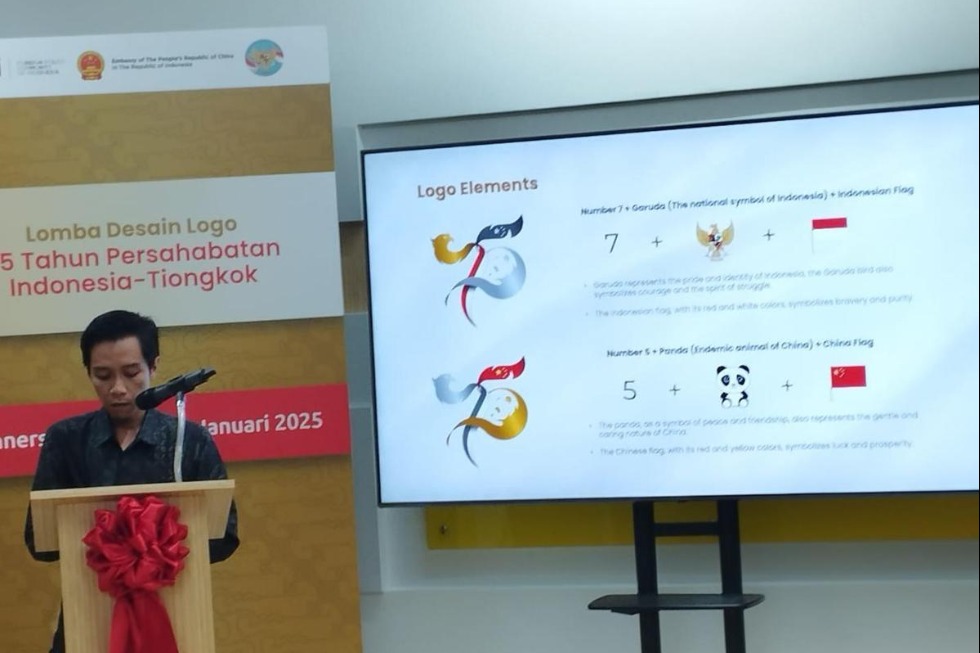Cultural heritage flowing through the river basin

Lanzhou's landscapes and history endow it with cultural-tourism potential, Chinese Academy of Social Sciences associate professor Yeshi Lhamo said.
The scholar shared her thoughts on the Yellow River's culture at an event on Friday in Lanzhou, capital of Northwest China's Gansu province, through which the river flows.
She spoke of The Epic of King Gesar, which was listed as a UNESCO Intangible Cultural Heritage in 2009, and how singers and storytellers around the Yellow River's source in Qinghai province have preserved it.
The Tibetan epic contains hundreds of myths, folktales, ballads and proverbs. It has been passed down for generations as part of a tradition that not only serves as a form of entertainment in rural communities but also educates people about history, religion, customs, morality and science.
"There is more intangible cultural heritage like the Gesar epic tradition in the Yellow River Basin," Yeshi Lhamo said, adding that the government has established 23 national-level eco-cultural preservation areas nationwide.
The preserved areas, eight of which are located in the river basin, aim to support groups and individuals who create and carry on cultural heritage. With the government actively coordinating and mobilizing resources, intangible cultural preservation methods have diversified, she said.
She noted that cities and towns along the river have long served as political and cultural centers in China.
"In Chinese culture, the Yellow River has long transcended the concept of an ordinary river. It is a river of humanity, humanism and spirituality," she added.
However, the natural conditions in the Yellow River Basin were previously harsh and unfavorable for agricultural development. The river flooded frequently. Its water was inundated with sedimentation, making it unsuitable for irrigation. And the dry and cold climate is not conducive to farming.
Yeshi Lhamo said the harshness of the environment led people to worship nature.
"Therefore, the richness of myths, legends and folk songs that have developed and spread in the Yellow River Basin is not surprising."
Science and technology have transformed agriculture in the river basin and influenced the evolution of culture. This has changed the way we view the river's ecosystem, she added.
The Yellow River Basin's development vision, history, culture, science and technology, and the natural environment could serve as a model for sustainable development, she said.
?

































